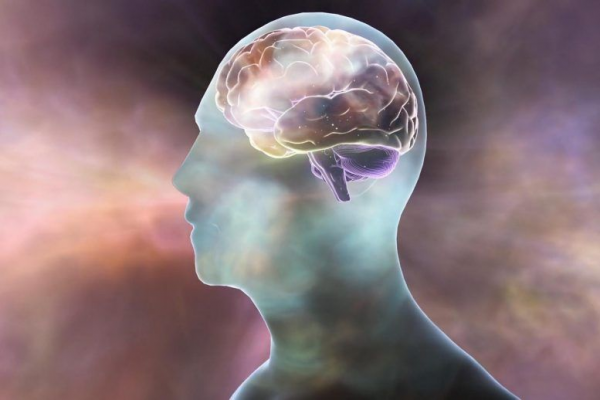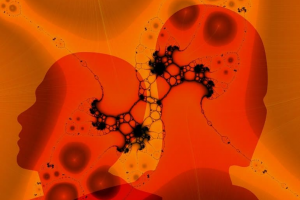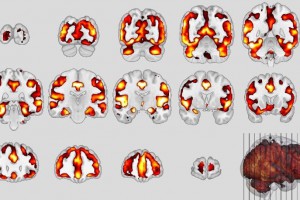According to Human Brain Project experts, strange dreams may help your brain learn better
According to the National Sleep Foundation, we dream four to six times a night on average. However, since we forget more than 95% of our dreams, you will only remember a few each month.
Although we dream throughout the night, our most vivid and memorable dreams occur during rapid eye movement (REM) sleep, which begins about 90 minutes after you fall asleep. Unexpected life events, high levels of stress, and other changes can all have an effect on our dreams, making them stranger, more vivid, and memorable. The exact purpose of dreaming is still a bit of a mystery to the scientists, however recent research hopes to explain why people have strange dreams.
A new study from the University of Bern in Switzerland reveals that dreams, particularly those that seem genuine but are, on closer inspection, abnormal, help our brain learn and extract general ideas from previous experiences. The research, which was conducted as part of the Human Brain Project and published in eLife, offers a new hypothesis on the meaning of dreams by using machine learning-inspired methods and brain simulation.
The importance of sleep and dreams in learning and memory has long been acknowledged; the influence that a single sleepless night can have on our cognition is well documented. “What we lack is a theory that ties this together with experience consolidation, concept generalization, and creativity,” explains Nicolas Deperrois, the study’s lead author.
During sleep, we commonly experience two types of sleep phases, alternating one after the other: non-REM sleep, when the brain “replays” the sensory stimulus experienced while awake, and REM sleep when spontaneous bursts of intense brain activity produce vivid dreams.
According to this study, wakefulness, non-REM, and REM sleep appear to have complementary functions for learning: experiencing the stimulus, solidifying that experience, and discovering semantic concepts. “We think these findings suggest a simple evolutionary role for dreams, without interpreting their exact meaning,” says Deperrois. “It shouldn’t be surprising that dreams are bizarre: this bizarreness serves a purpose. The next time you’re having crazy dreams, maybe don’t try to find a deeper meaning – your brain may be simply organizing your experiences.”





Related Posts